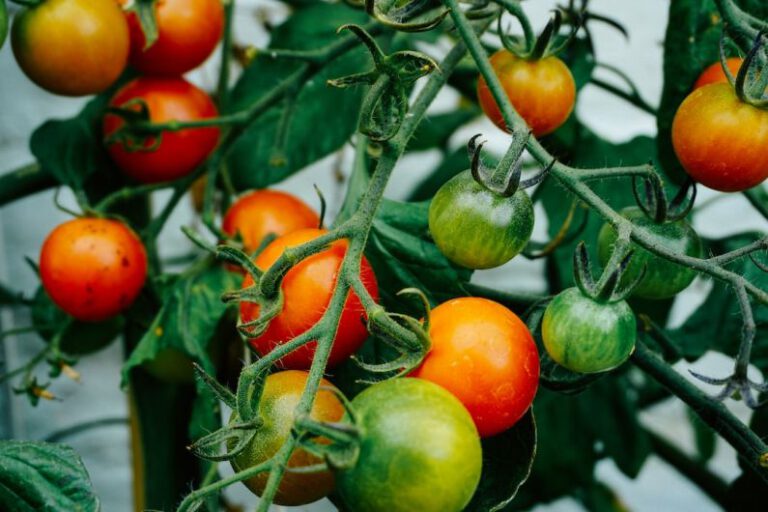How to Create a Sustainable Kitchen?
Creating a Sustainable Kitchen: A Guide to Eco-Friendly Cooking
In today’s world, where environmental concerns are becoming increasingly important, creating a sustainable kitchen has never been more essential. By making small changes in our daily cooking habits, we can reduce waste, conserve energy, and minimize our carbon footprint. In this article, we will explore some practical tips and tricks to help you transform your kitchen into an eco-friendly haven.
1. Mindful Meal Planning: Reducing Food Waste
One of the most significant steps towards a sustainable kitchen is minimizing food waste. Start by planning your meals in advance, considering the ingredients you already have and what needs to be used up soon. This way, you’ll be able to shop more efficiently and avoid buying unnecessary items. Additionally, try to repurpose leftovers creatively or freeze them for later use. By being mindful of what you consume and reducing food waste, you can make a significant positive impact on the environment.
2. Choose Local and Organic Produce
Supporting local farmers and purchasing organic produce is not only healthier for you but also better for the planet. Locally sourced food reduces the carbon emissions associated with long-distance transportation. Organic farming methods, on the other hand, protect the ecosystem by avoiding harmful pesticides and promoting biodiversity. When possible, opt for farmers’ markets or community-supported agriculture (CSA) programs to access fresh, organic produce.
3. Embrace Plant-Based Cooking
Lowering our meat and dairy consumption is a powerful way to create a sustainable kitchen. Animal agriculture has a substantial environmental impact, contributing to deforestation, water pollution, and greenhouse gas emissions. By incorporating more plant-based meals into your diet, you can reduce your carbon footprint and help combat climate change. Experiment with delicious vegetarian and vegan recipes that are not just good for the planet but also for your health.
4. Energy-Efficient Appliances
When it comes to sustainability in the kitchen, using energy-efficient appliances is crucial. Look for appliances with a high energy star rating, which indicates that they consume less electricity. Refrigerators, dishwashers, and ovens are some of the main culprits when it comes to energy consumption. Consider upgrading to more eco-friendly models that have energy-saving features, such as timers and low-power modes. Additionally, remember to unplug appliances when not in use to save energy.
5. Reduce Single-Use Plastics
Plastic waste is a massive environmental concern, and the kitchen is often a hotspot for single-use plastic items. Start by replacing plastic bags with reusable ones and swap plastic wrap for beeswax wraps or silicone food covers. Ditch disposable water bottles and invest in a reusable bottle or filter system. When grocery shopping, bring your own cloth bags and avoid purchasing products with excessive plastic packaging. Small changes like these can add up and significantly reduce your plastic waste.
6. Composting for a Greener Kitchen
Composting is an excellent way to minimize waste and create nutrient-rich soil for your garden. Instead of throwing food scraps in the trash, start a compost pile or invest in a composting bin. Composting not only reduces the amount of waste that ends up in landfills but also helps nourish the earth naturally. By composting, you can close the loop and complete the cycle of sustainable food production.
Creating a Sustainable Kitchen: A Step Towards a Greener Future
By implementing these simple yet impactful changes, you can create a sustainable kitchen that aligns with your eco-conscious values. Remember, every small action counts towards a greener future. From reducing food waste and choosing organic produce to embracing plant-based cooking and using energy-efficient appliances, you have the power to make a positive impact on the environment. Start today and inspire others to join you on this journey towards sustainability.






